In America, many insects can be really dangerous. Even if they look tiny and harmless, their bites and stings can hurt and sometimes even spread diseases. Here are 20 insects in the U.S. that can be deadly to humans.
Eastern Black-Legged Tick
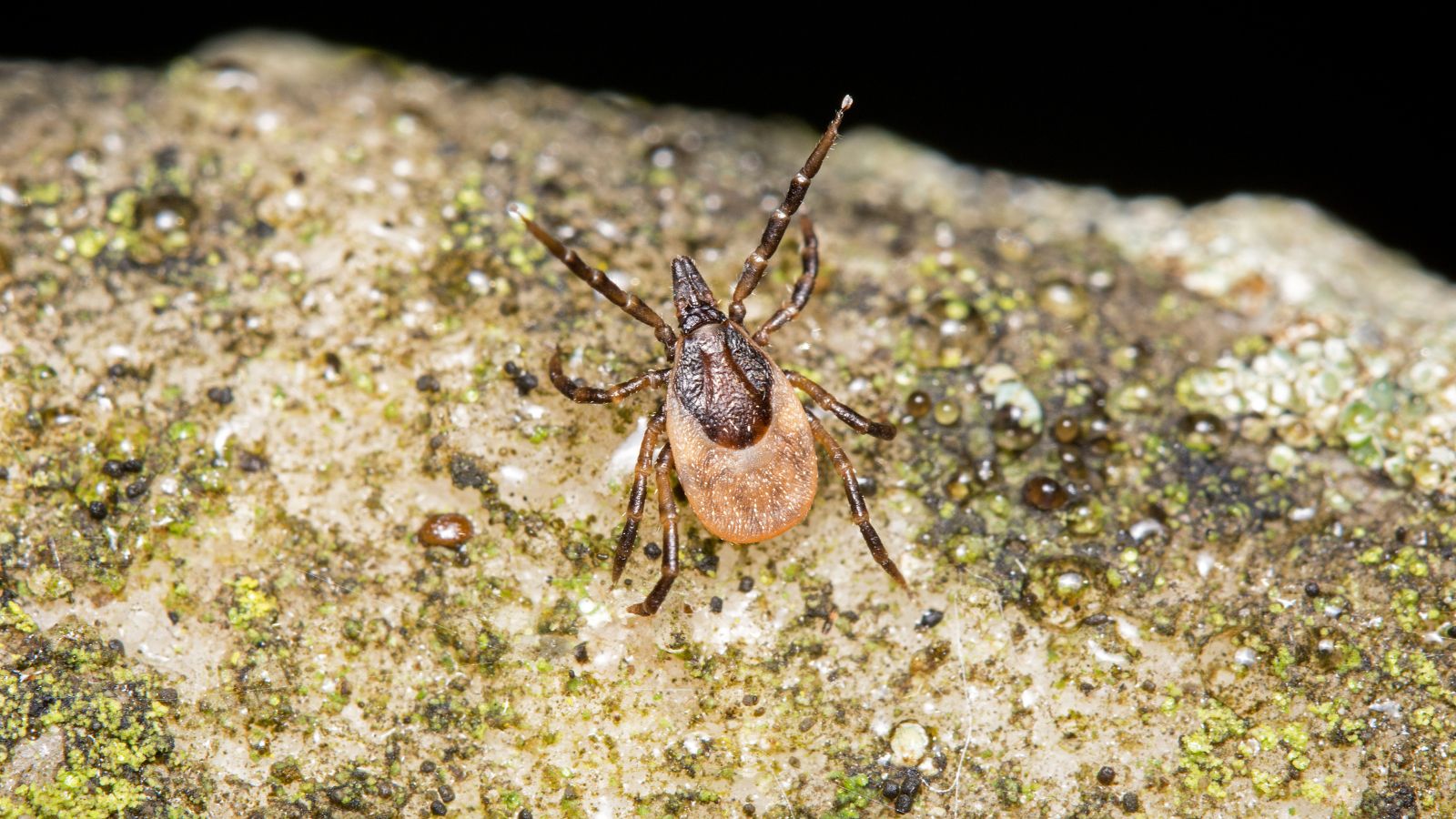
The Eastern Black-Legged Tick can spread Lyme disease to people. Healthy Habits for Pets writes, “On average, 1 in 3 adult black-legged ticks carry Lyme disease, while 1 in 5 nymphs carry it.” These tiny ticks live in wooded and grassy places, and just one bite can cause serious health issues.
Brown Recluse Spider
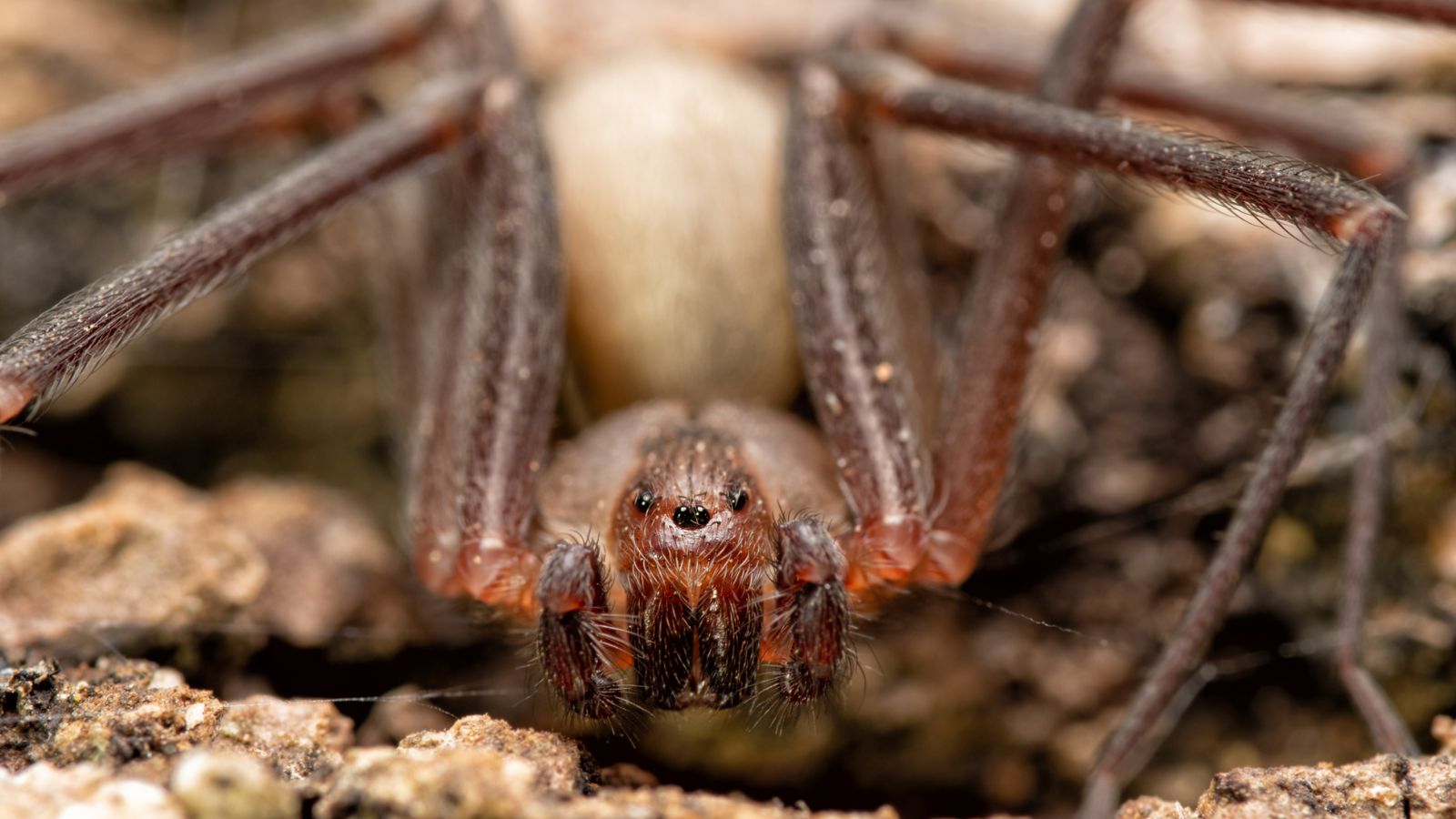
Be careful if you encounter the Brown Recluse Spider, as its bite can seriously harm your skin and body. These spiders like to hide in dark, quiet spots, so you might not notice a bite right away. If you get bitten, it’s really important to seek medical help quickly to avoid serious health problems.
Black Widow Spider
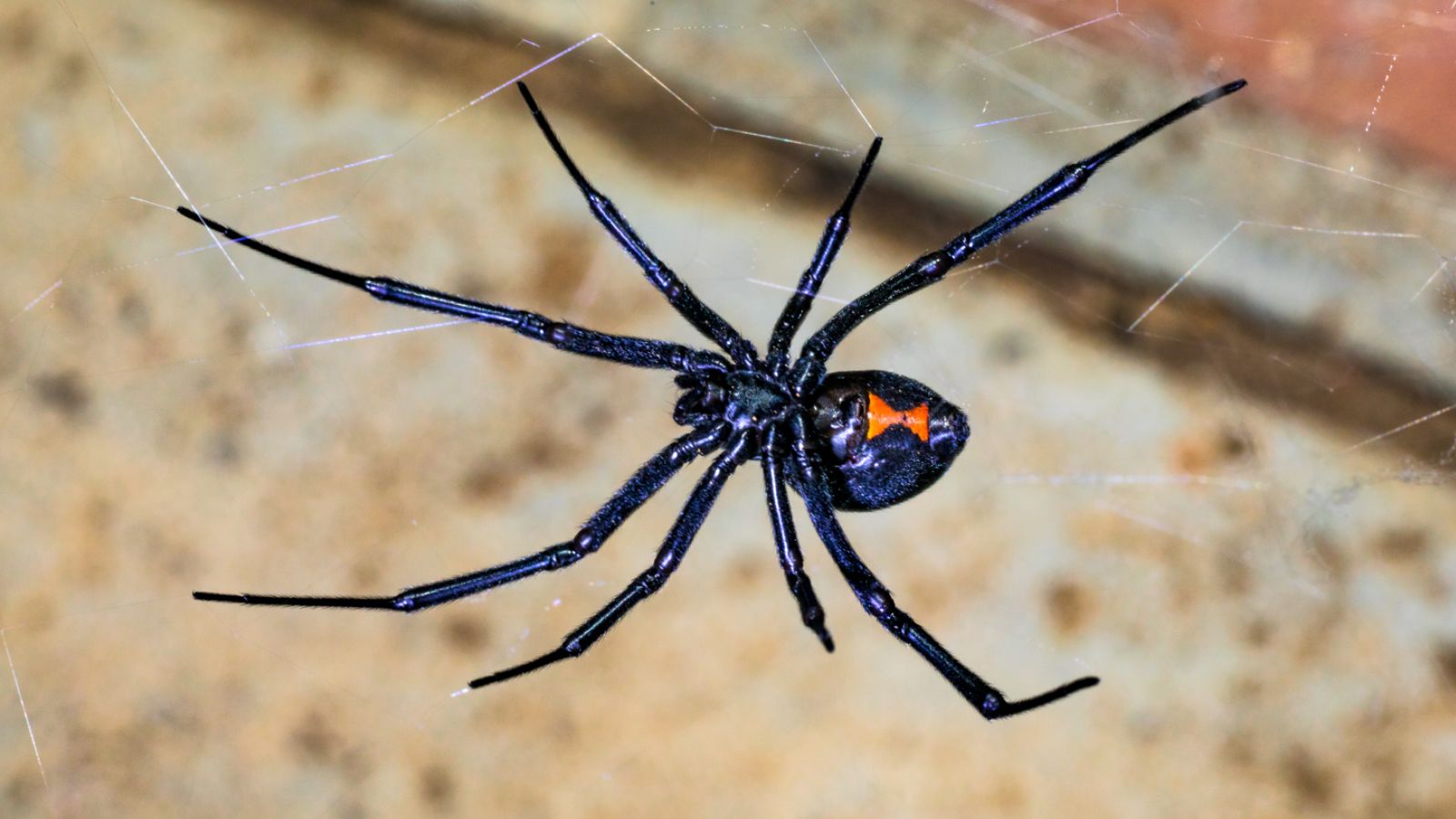
Many of us already know that black widow spiders are easy to spot thanks to the red hourglass shape on their bellies. Their bites contain venom that can lead to severe pain, muscle cramps, and spasms, so it’s best to avoid them if possible. While bites are rarely deadly, it’s important to see a doctor right away to handle the symptoms properly.
Deer Tick
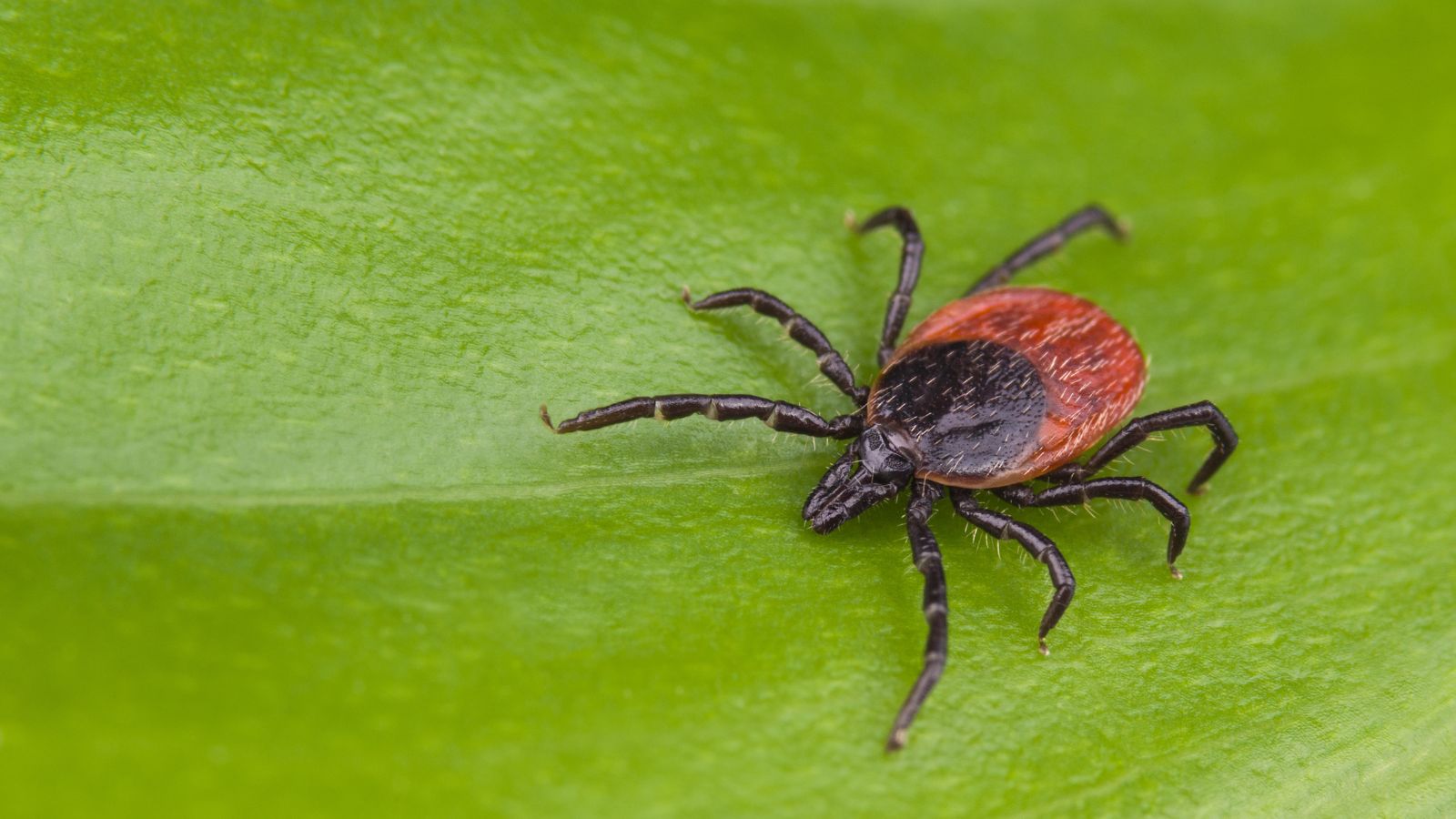
Deer ticks, which like to hop between living creatures, are known for spreading Lyme disease, but they can also cause other illnesses like anaplasmosis. You can find these ticks in many areas across the U.S., and they often latch onto people and pets. Staying alert and careful can help you avoid getting bitten by them.
Arizona Bark Scorpion
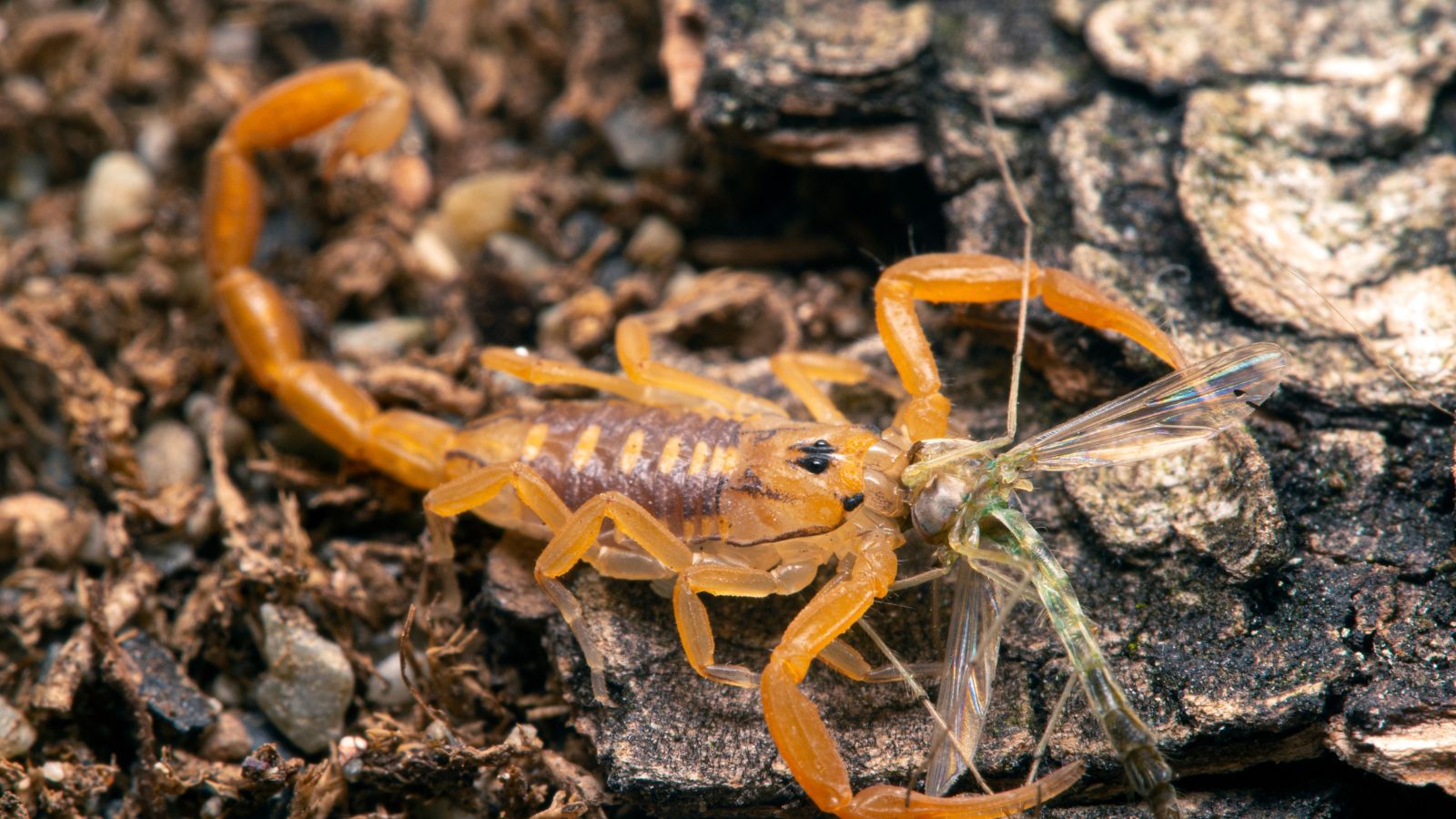
Stay far away from the Arizona bark scorpion, as it’s the most poisonous scorpion in North America. Its sting can hurt a lot and cause numbness and convulsions. It can be very dangerous, especially for young kids or people with weak immune systems, so if stung, getting medical help right away is really important.
Red Imported Fire Ant
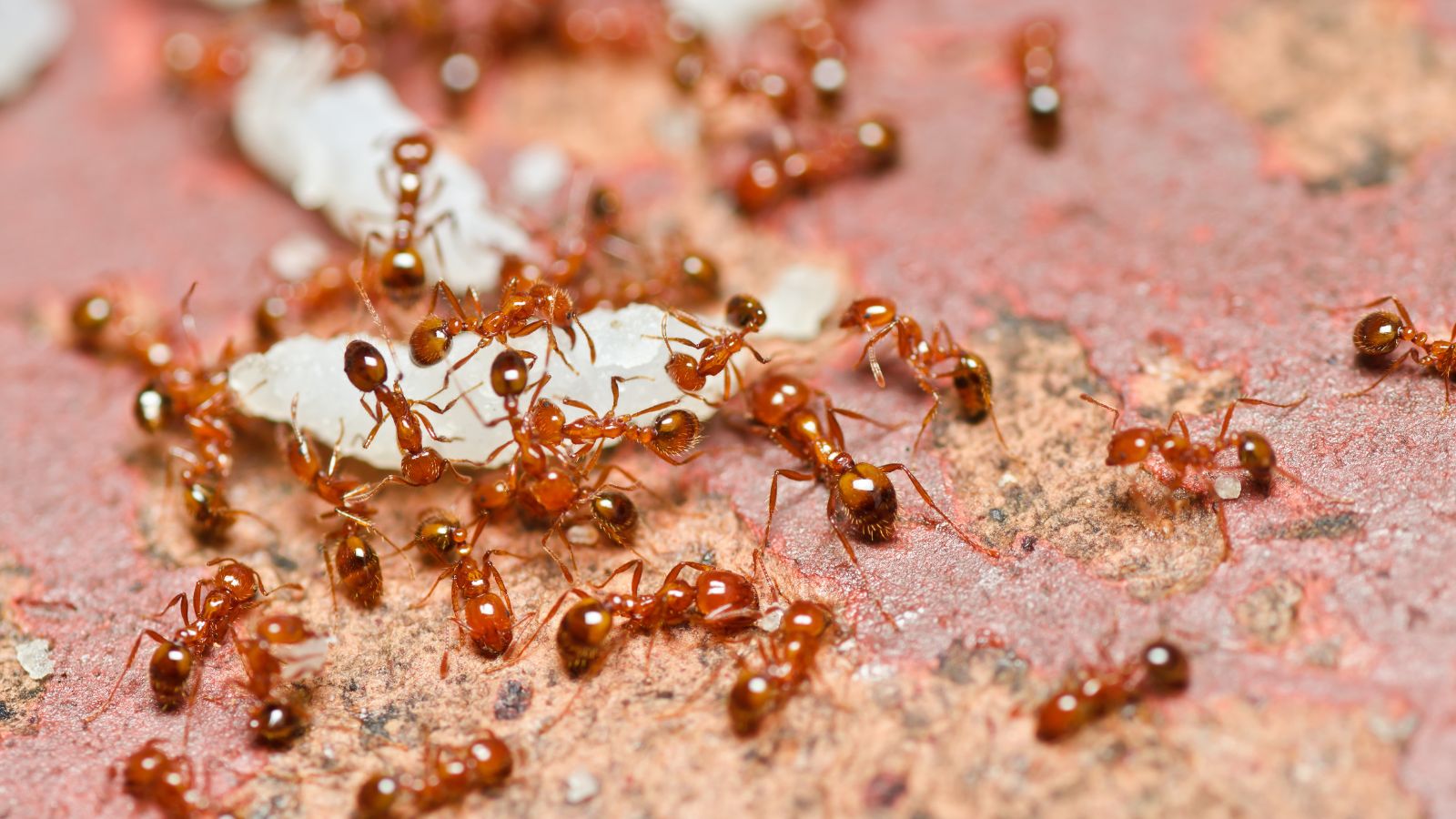
You may not know that red imported fire ants are aggressive and can give painful stings that may cause allergic reactions. They often swarm and sting multiple times, which can be dangerous for those sensitive to their venom. Make sure to act fast if stung to help avoid serious health issues.
Mosquitoes
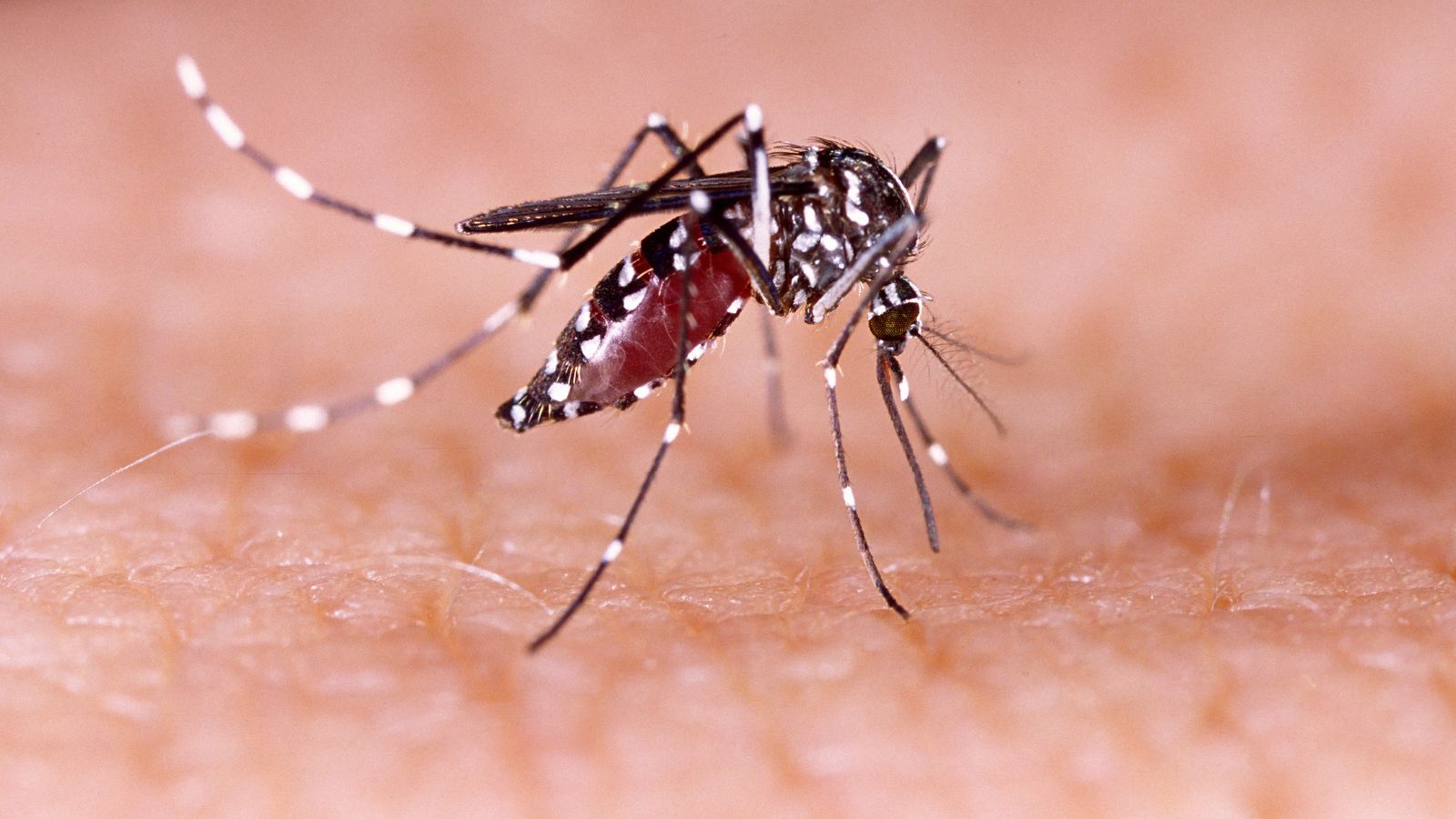
Mosquitoes can spread diseases like West Nile virus, Zika, and malaria through their bites, which can cause serious health problems. To protect yourself, use insect repellent and get rid of any standing water near your home. These simple steps can help keep you and your family safe from mosquito-borne illnesses.
Kissing Bug
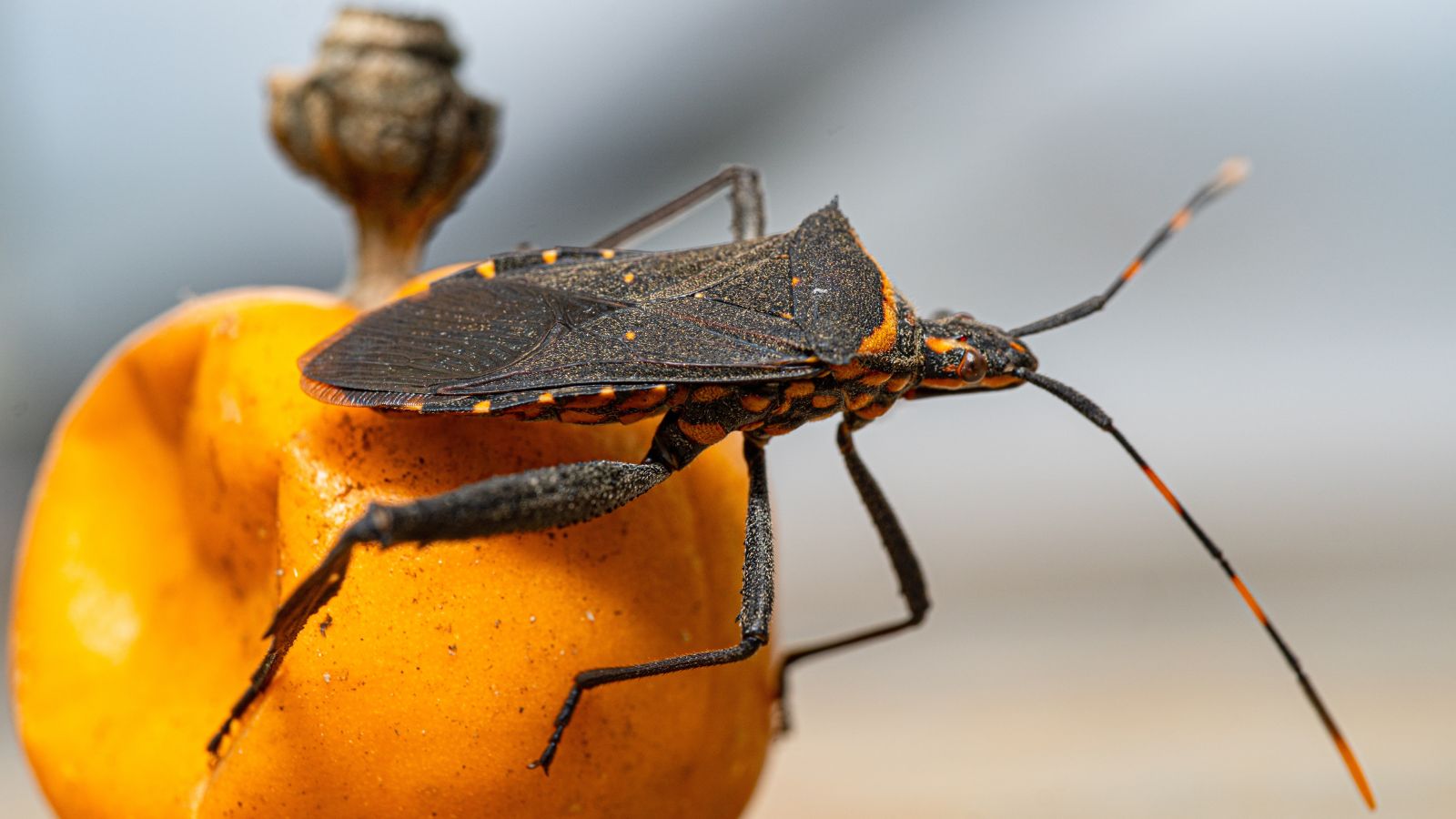
Kissing bugs, mostly found in the southern U.S., spread Chagas disease through bites. If left untreated, this disease can lead to serious health issues, so to avoid getting bitten, make sure to seal any cracks in your home and use insect screens. Prevention is key in areas where these bugs are common.
Southern House Spider
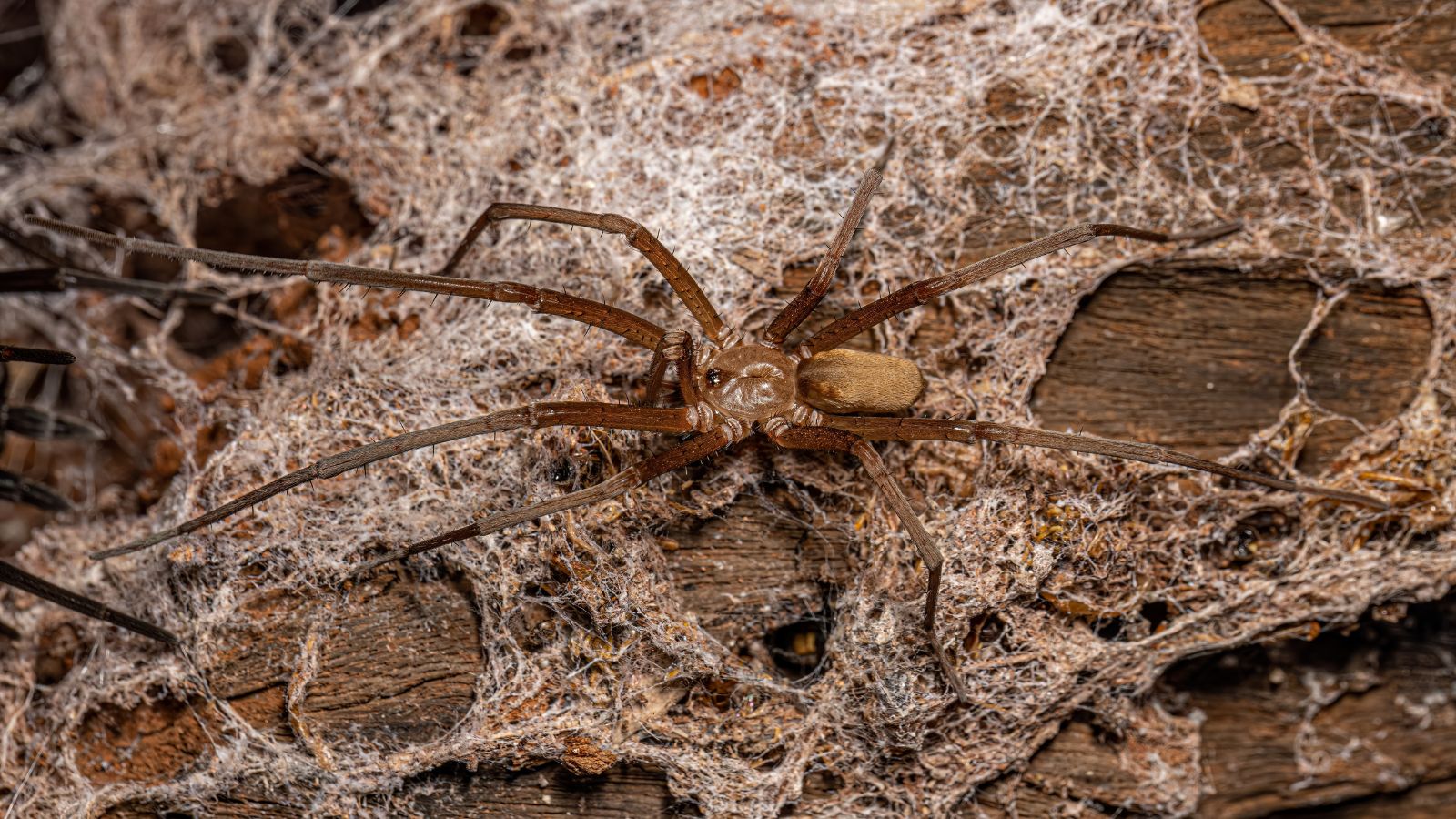
The good news is that the Southern House Spider’s bite isn’t usually dangerous. However, it can still hurt and cause allergic reactions. These spiders often live in homes, so it’s important to deal with infestations quickly. If you get bitten, it’s a good idea to see a doctor to make sure everything is okay.
American Dog Tick
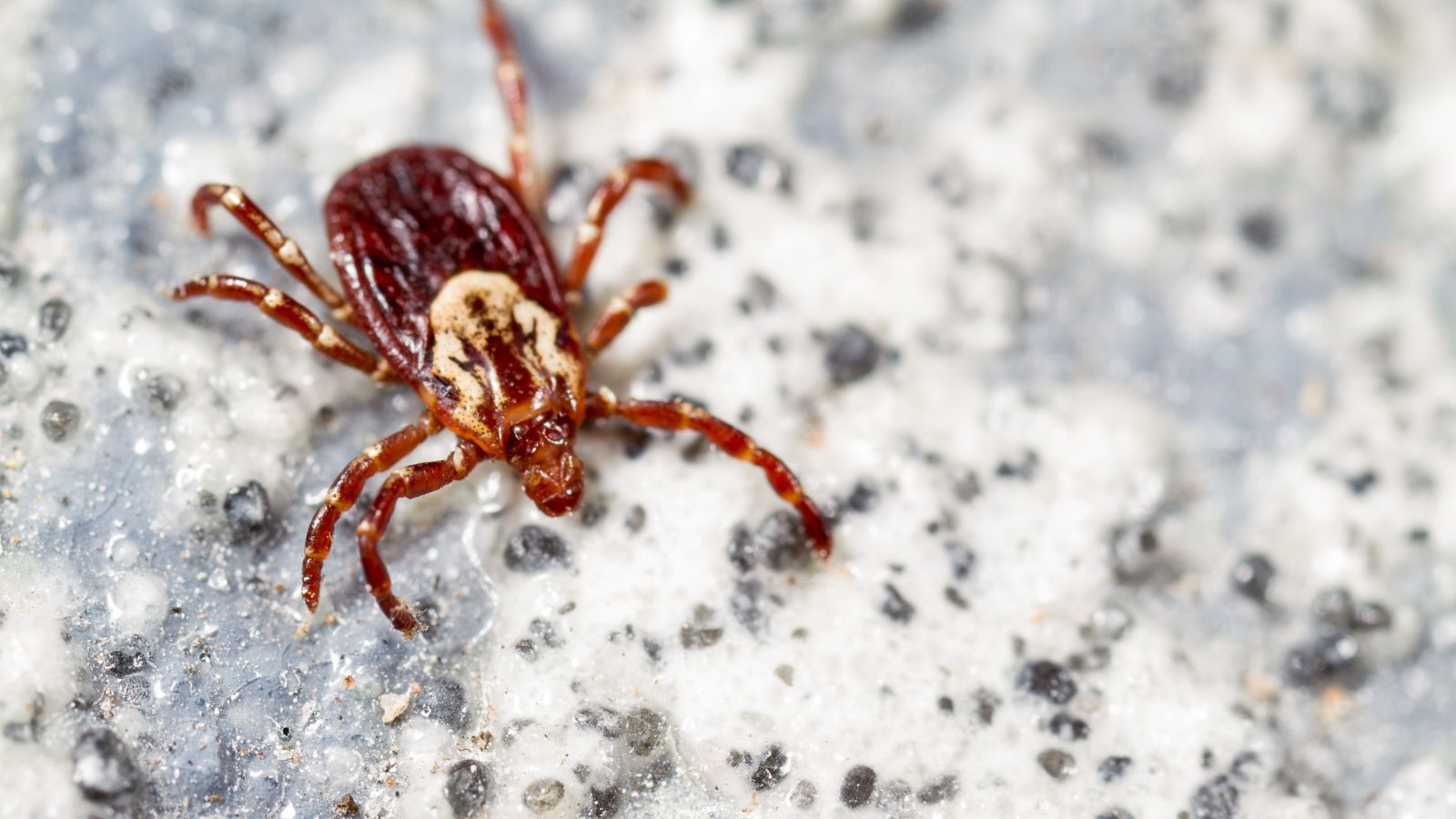
People might not realize that American dog ticks can spread Rocky Mountain spotted fever, which can be serious if not treated quickly. These ticks are usually found in grassy or wooded areas, often where people go hiking. So to protect yourself, use preventive measures to avoid getting bitten and check for ticks regularly.
Yellowjackets
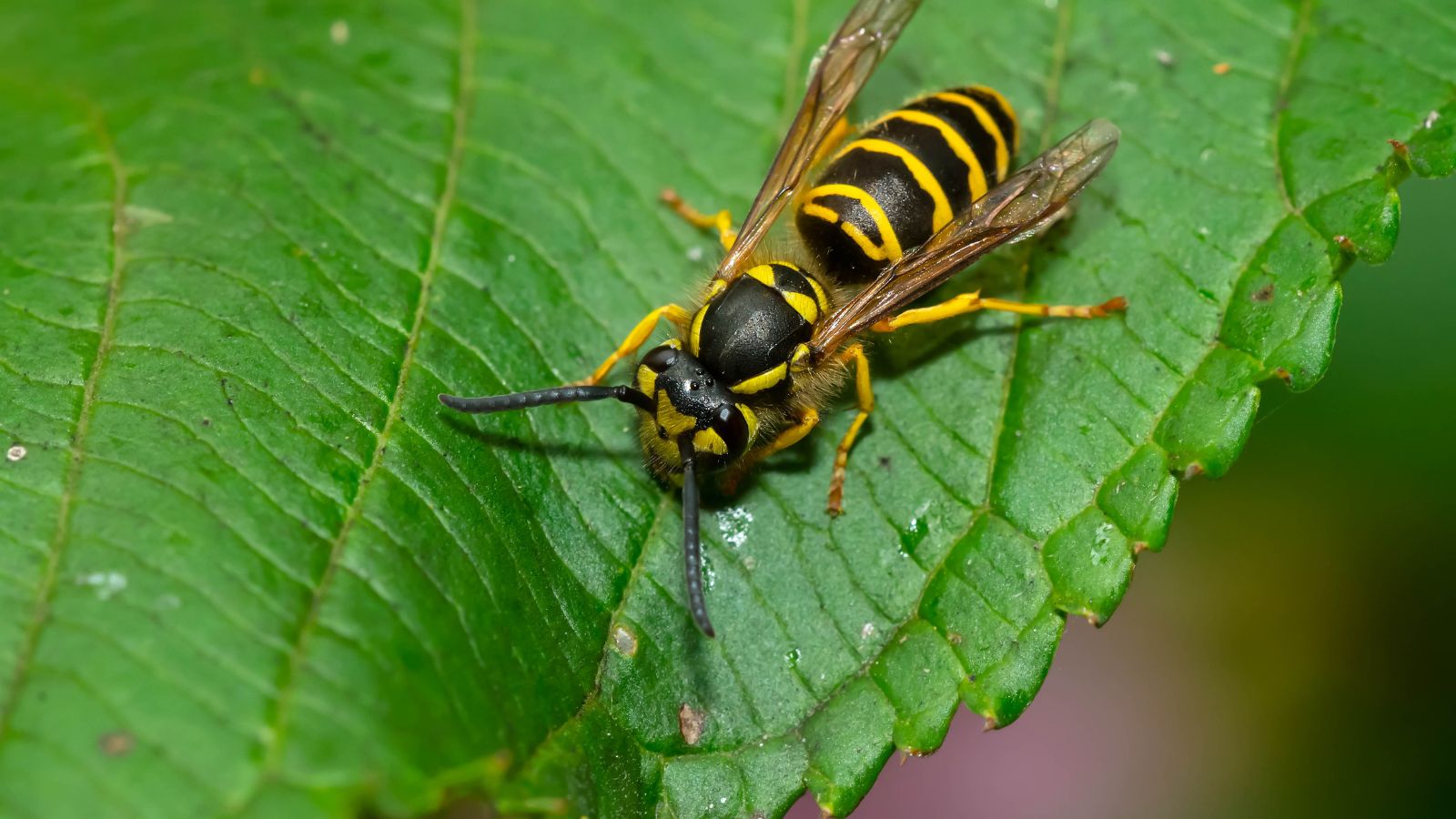
It’s safe to say that nobody likes wasps. Yellowjackets, in particular, are aggressive wasps that can sting multiple times, causing severe allergic reactions. Their stings are painful and can lead to anaphylaxis in sensitive individuals, so if a nest is nearby, it’s best to contact pest control to handle it safely.
Africanized Honey Bees
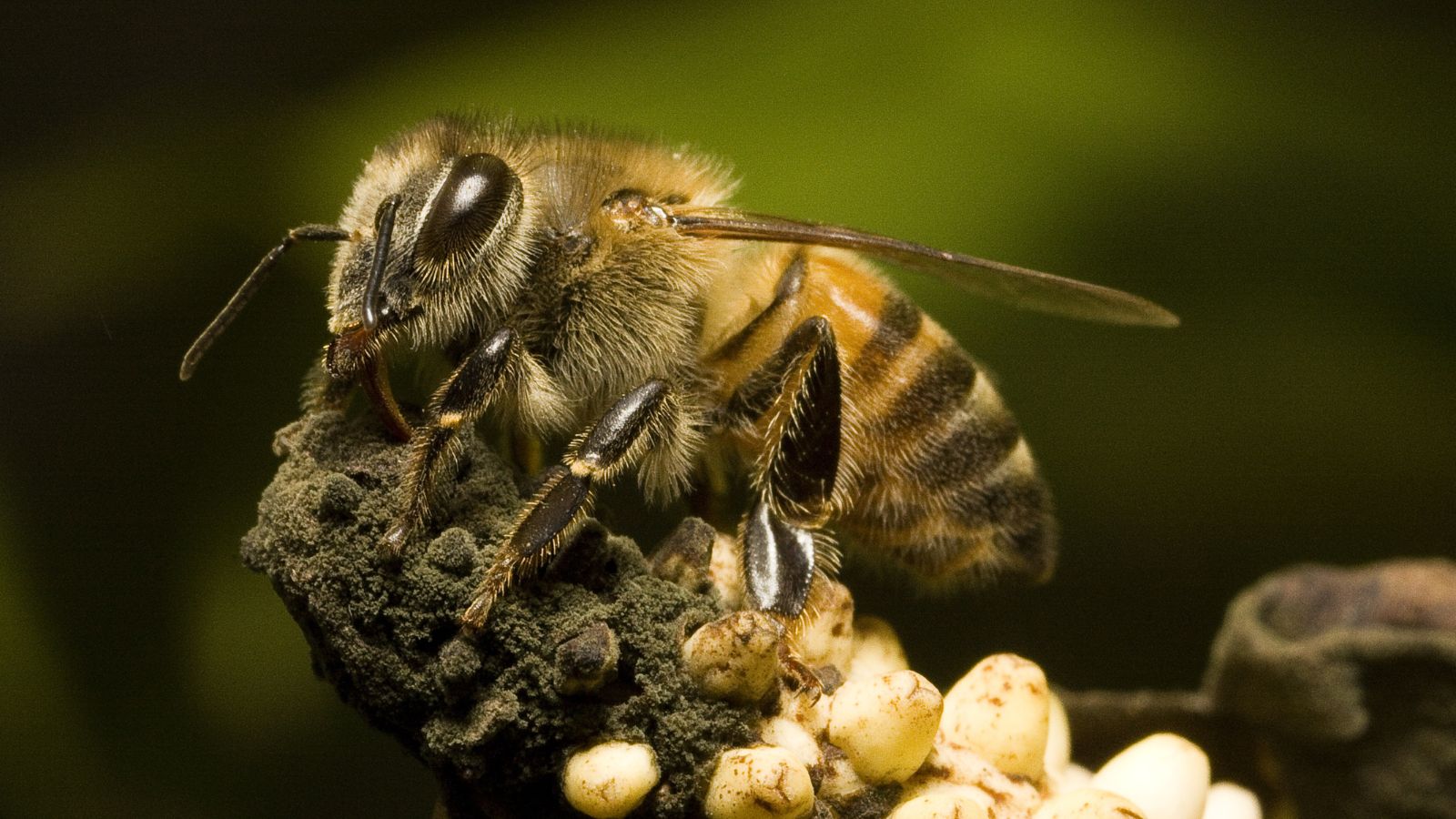
Don’t get too close to Africanized honey bees, also known as ‘killer bees,’ as they’re extremely aggressive and can attack in large swarms. If they sting you, then it may cause severe allergic reactions and, in some cases, death. It’s important to avoid disturbing their hives and seek professional removal services.
Lone Star Tick
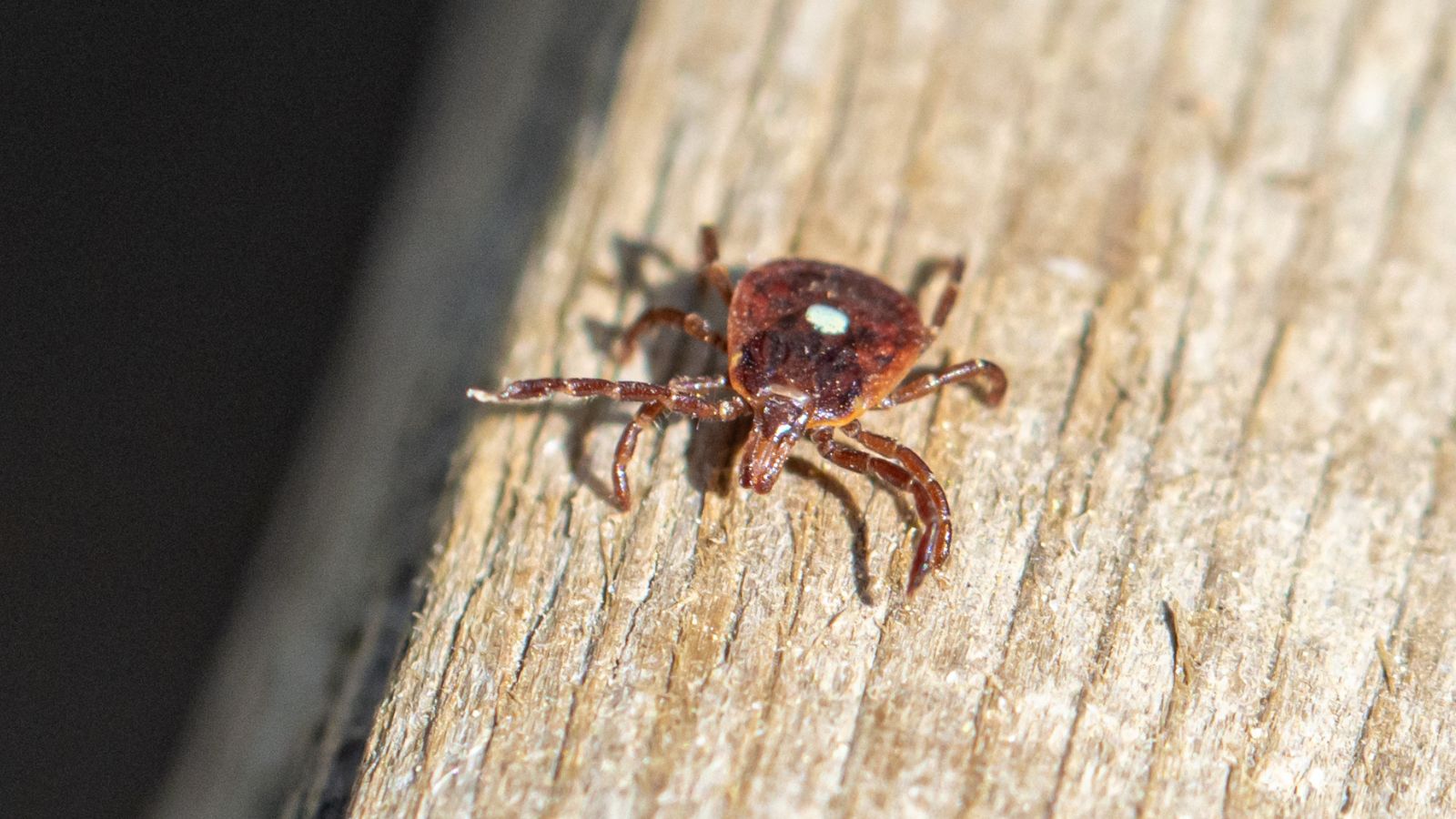
The nasty insects known as Lone Star Ticks can transmit several diseases, including ehrlichiosis and tularemia. They are identifiable by a distinctive white spot on their backs. Their bites can cause severe illness, so taking precautions in tick-infested areas is vital to health.
Tarantula Hawk Wasp
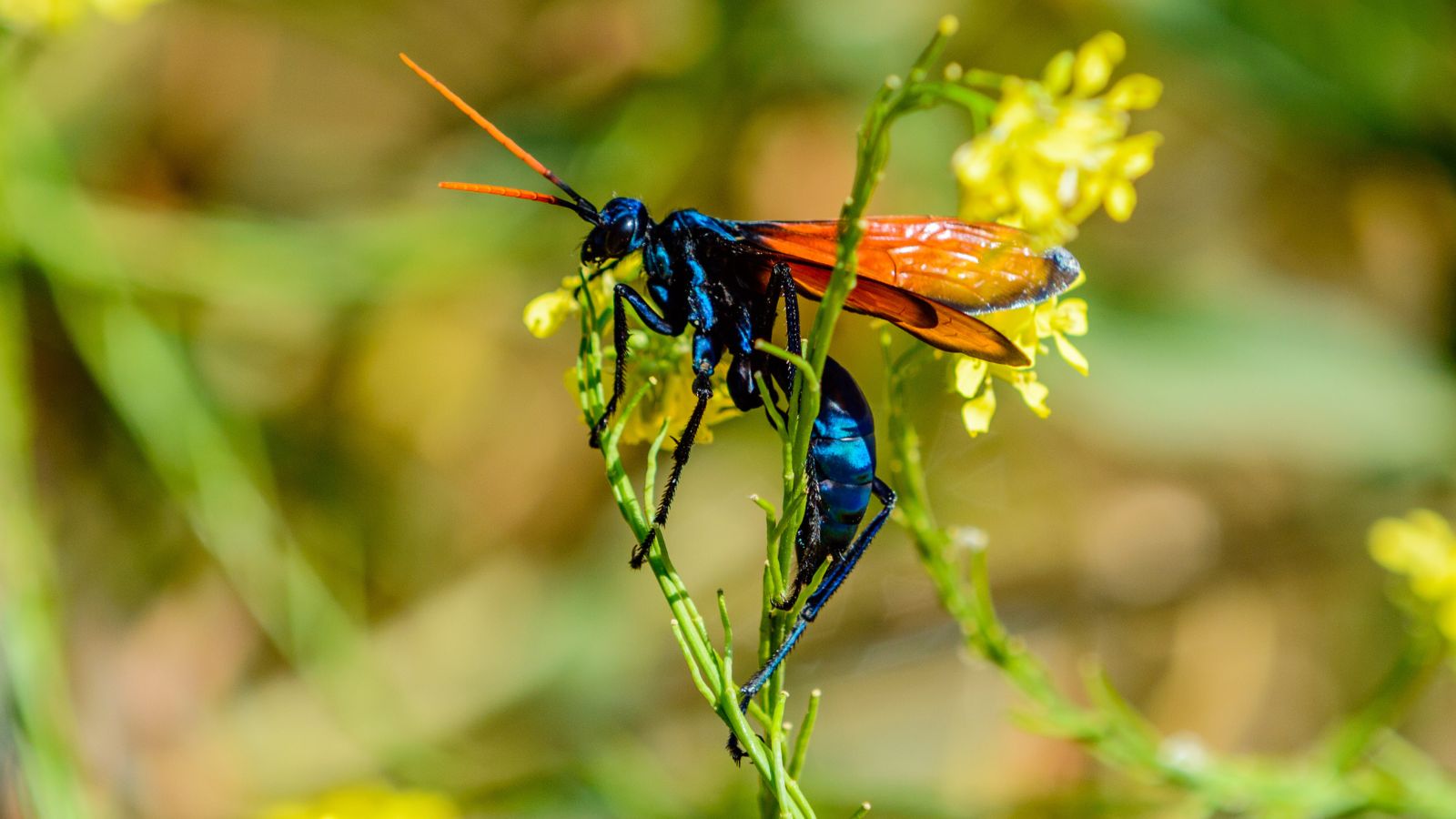
Being just as scary as they sound, the Tarantula Hawk Wasp has one of the most painful stings known to humans. These wasps are large and intimidating, making them easy to spot and avoid in their habitats. While not deadly, the sting can cause intense pain and temporary paralysis.
Brown Dog Tick
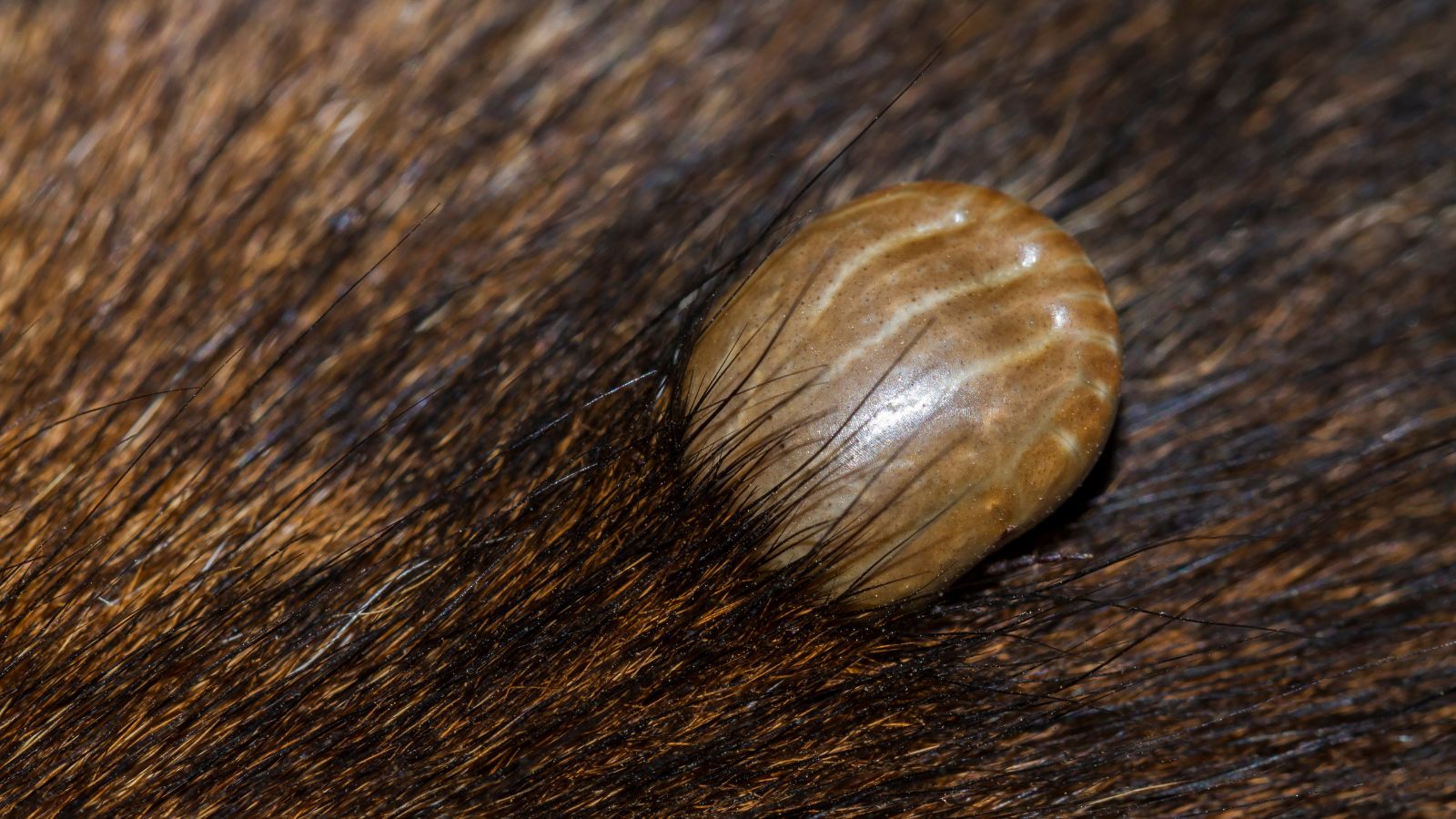
Always check your pets, as the Brown Dog Tick is a known carrier of Rocky Mountain spotted fever. It can infest homes and kennels, making it a threat to both humans and pets. Effective tick control and prompt removal are necessary to prevent disease transmission.
Bald-Faced Hornet
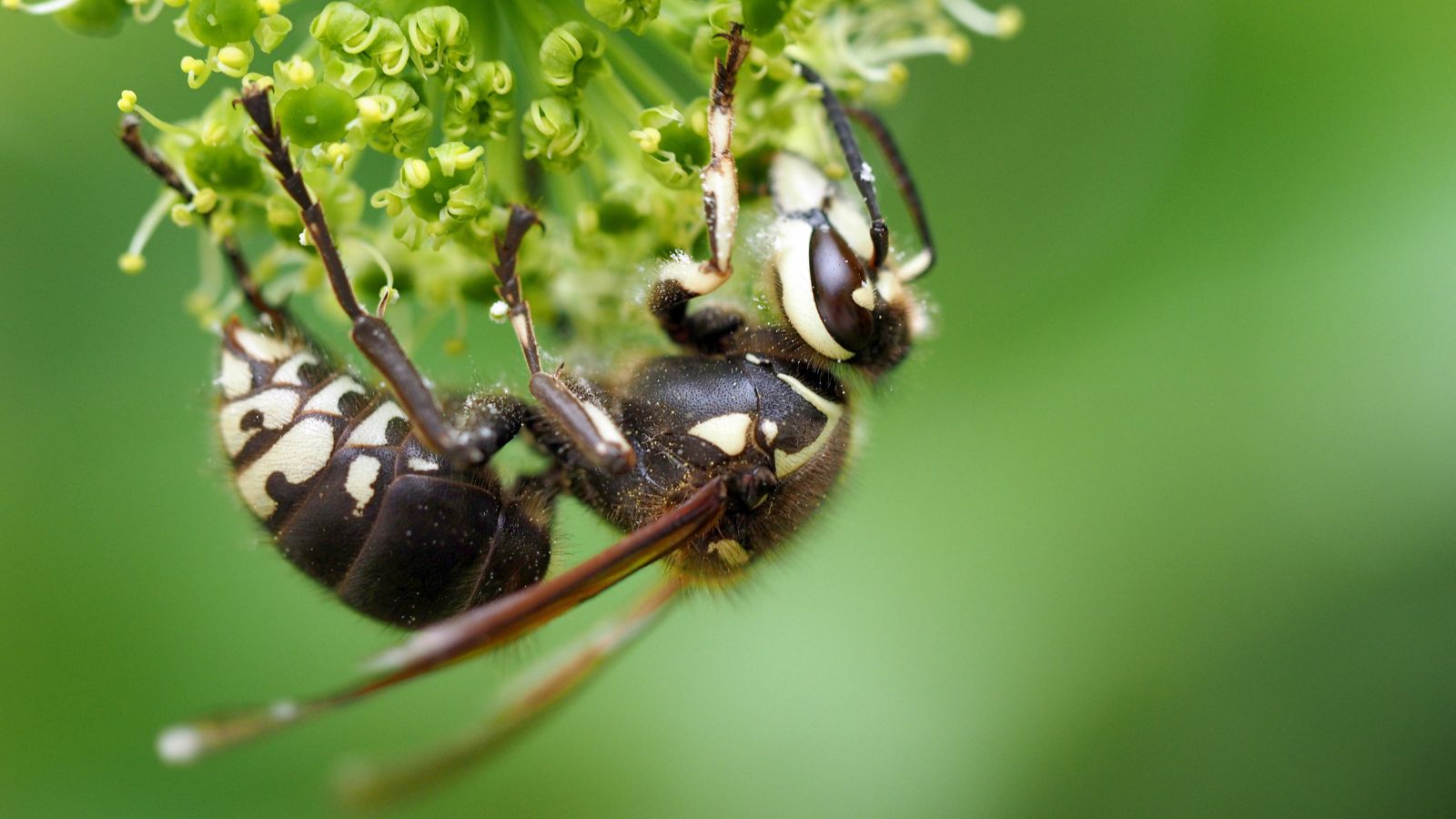
The good thing is that you can usually hear them before you see them, as bald-faced Hornets are highly aggressive and can sting repeatedly. If you’re stung, then you’ll most likely experience significant pain and swelling, which can lead to severe allergic reactions. Leave it to professionals to remove nests to avoid provoking these insects.
Yellow Fever Mosquito
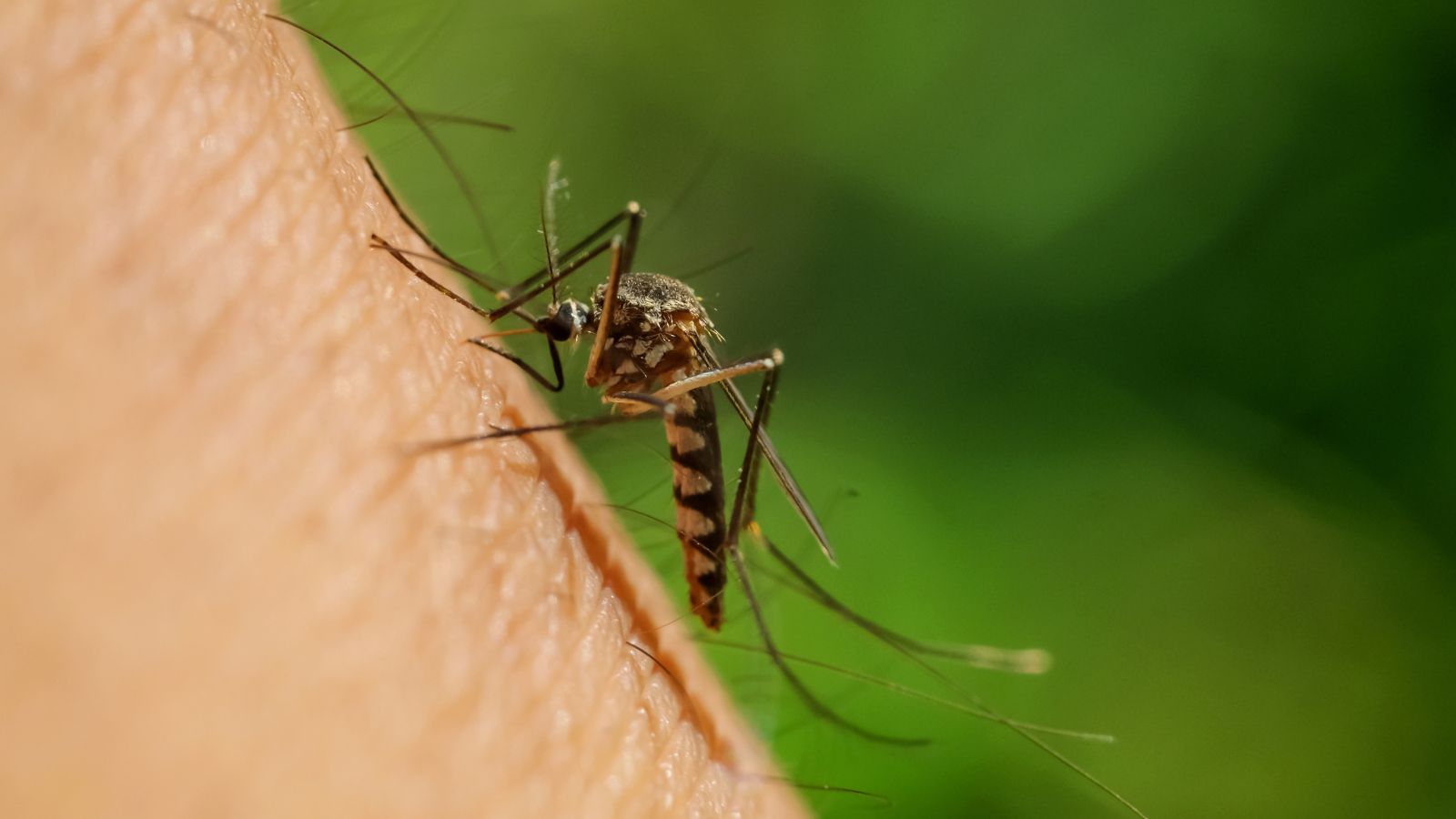
The last thing you want is to be bitten by the Yellow Fever Mosquito, which is a vector for yellow fever, dengue, and the Zika virus. Found in tropical and subtropical regions, its bites can transmit these serious diseases. Using mosquito control measures and protective clothing can help reduce the risk of bites.
Giant Desert Centipede
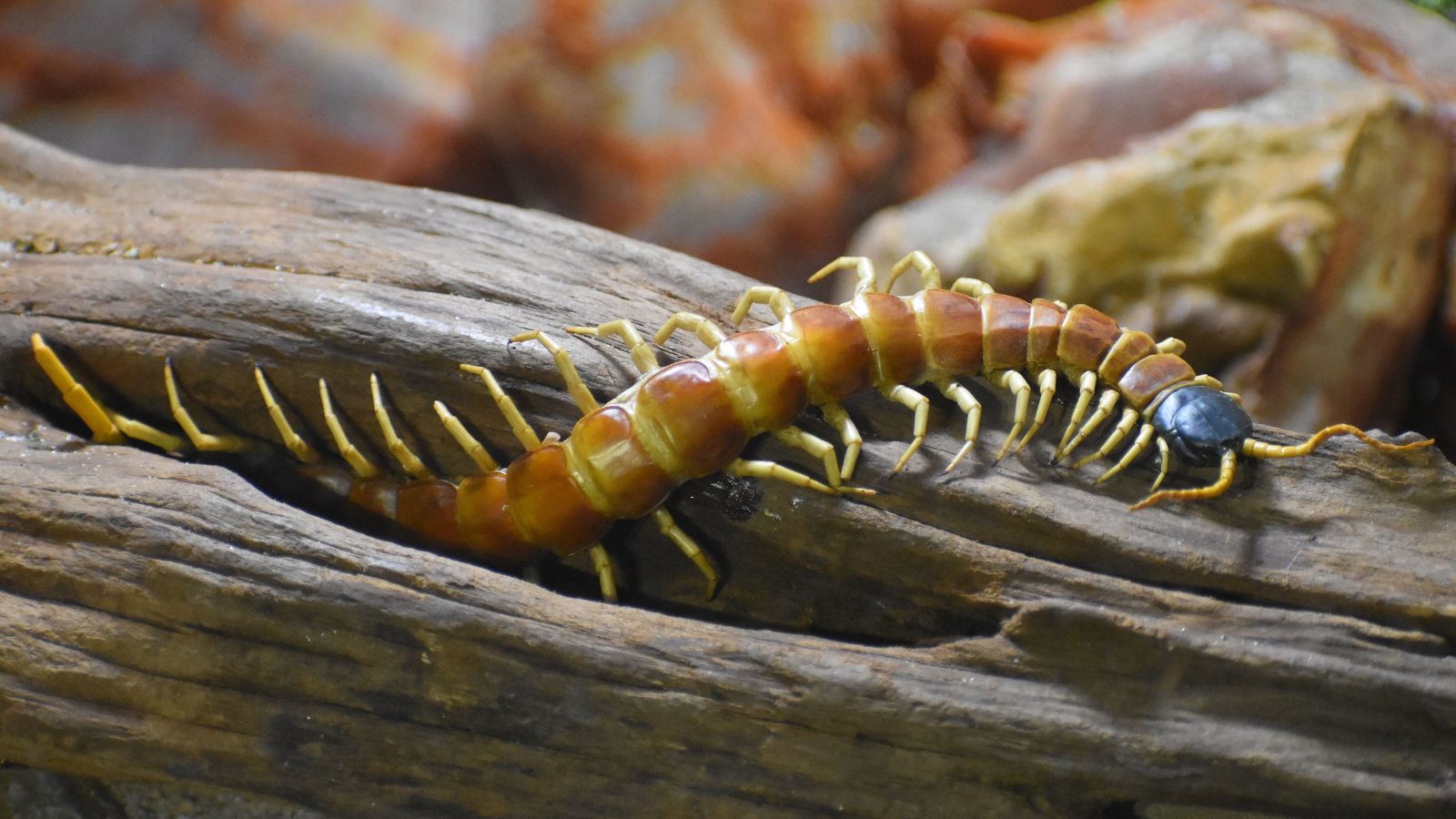
Keep clear of giant desert centipedes, as their bites inject venom that can cause severe pain, swelling, and tissue damage. Although not usually fatal, bites can lead to serious medical issues, especially for those allergic to insect venom. Prompt medical attention is recommended.
Harvester Ant
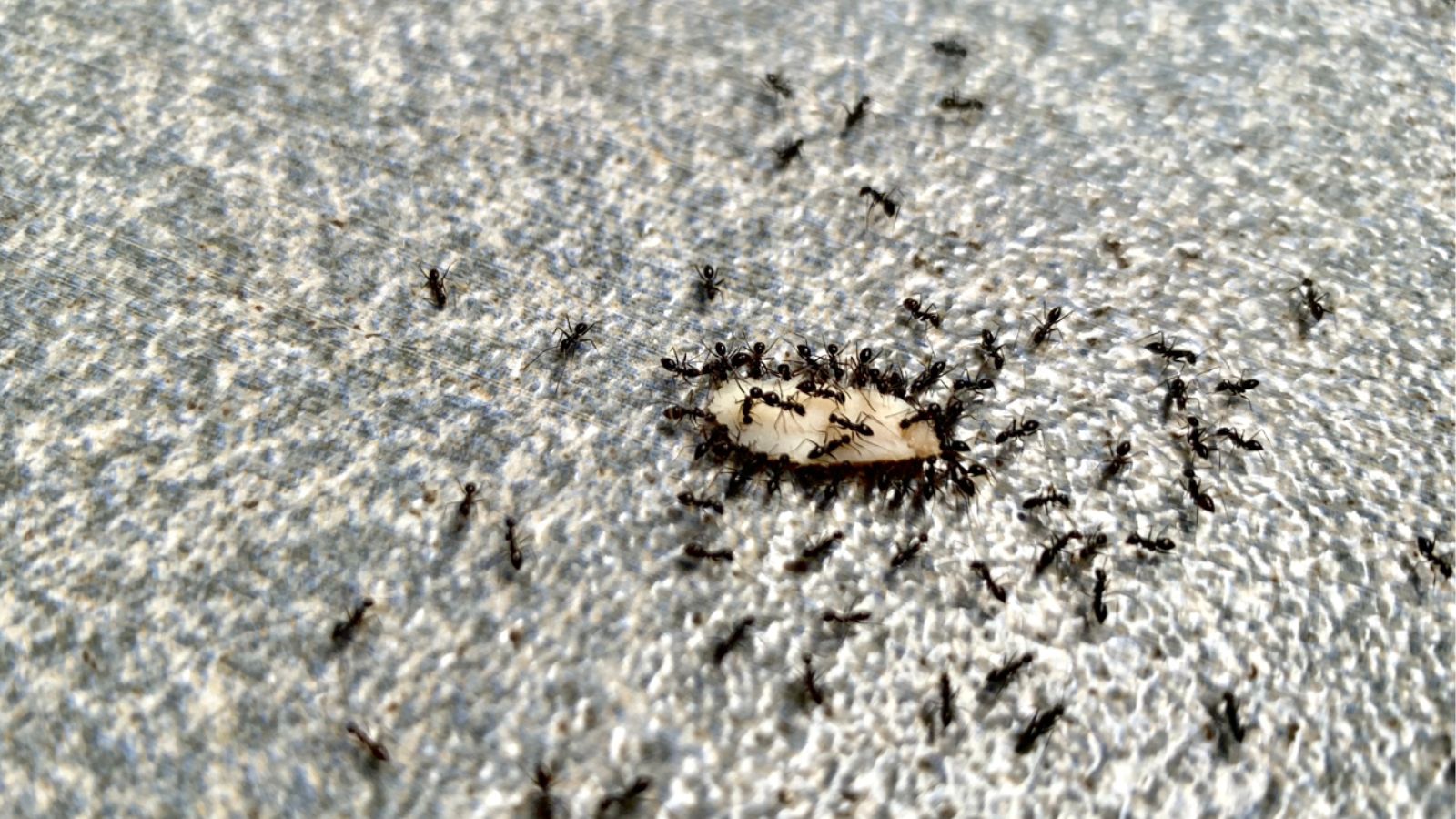
It’s common knowledge that harvester ants have a painful sting that can cause allergic reactions and, in rare cases, anaphylaxis. If you have a venom allergy, then their stings can be particularly dangerous. It’s important to be cautious around their nests and seek medical care if stung.
Hobo Spider
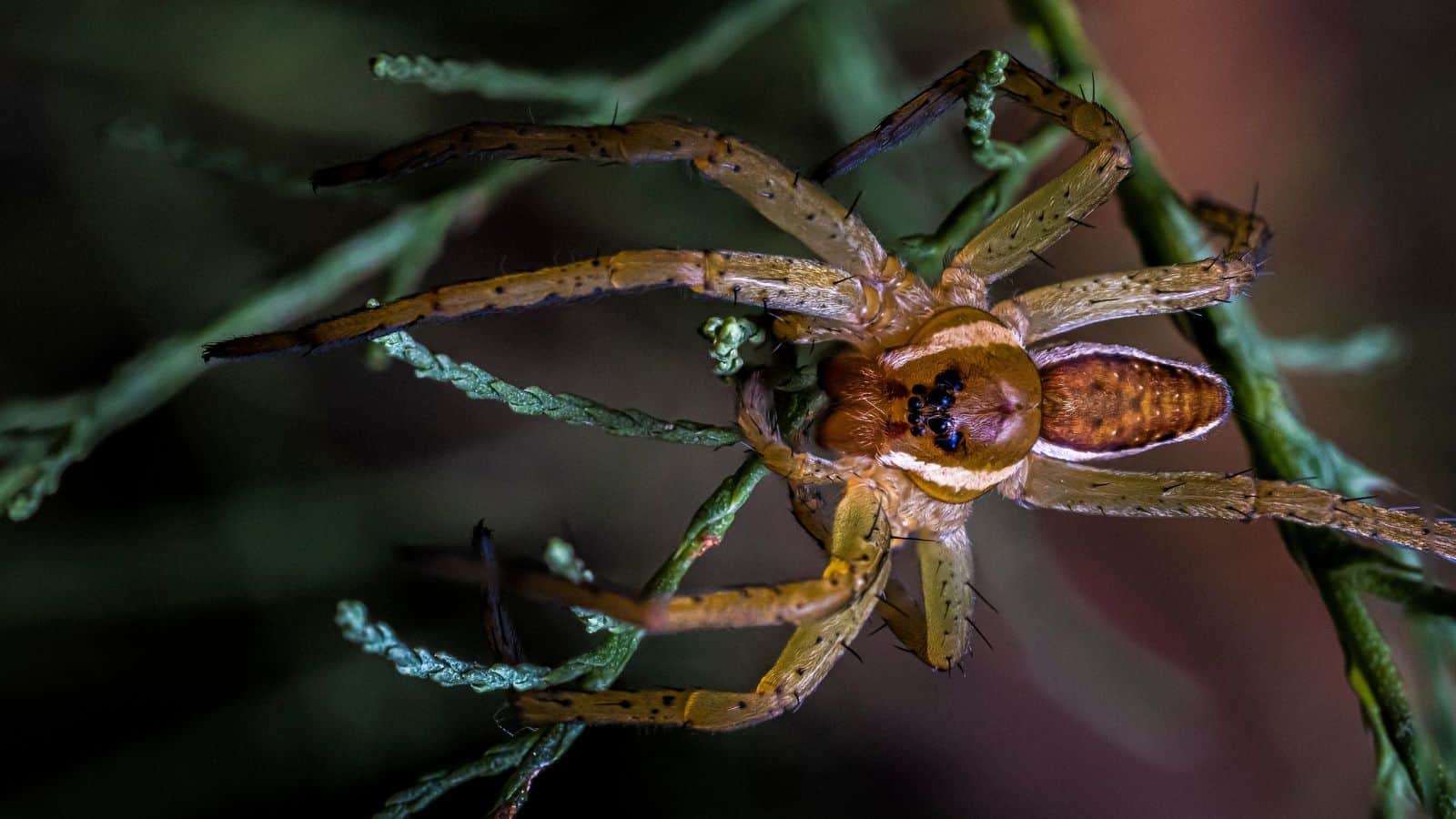
It turns out that the Hobo spider’s bite can cause necrotic skin lesions and systemic symptoms. Although not as dangerous as some other spiders, bites can still lead to significant health issues. Avoiding contact and seeking medical attention if bitten are crucial steps in preventing complications.
Up Next: Do You Know Your Rights? 17 Things You Don’t Have to Answer When Stopped by Police

The thought of getting stopped by the police is a nerve-wracking prospect for most people. It can be even worse if you’re not sure what you should and shouldn’t say, creating a sense of paranoia, anxiety, and confusion. If you’re worried about the potential for a confrontation with the cops, we’re here to help. This list covers 17 things you don’t have to answer when stopped by police officers.
Do You Know Your Rights? 17 Things You Don’t Have to Answer When Stopped by Police
18 Things That Say You Are Middle-Class and Not Rich

The difference between the rich and middle class can be confusing, but the two couldn’t be further from each other in reality. In this article, we look at 18 signs that someone is middle class but not at all rich or wealthy.
18 Things That Say You Are Middle-Class and Not Rich
18 Reasons You Feel Like You Don’t Belong Anywhere

Feeling like you don’t belong anywhere can feel incredibly isolating. We need companionship to keep us connected to the world, so if you’re struggling to form relationships and don’t feel that you don’t fit in, here are 18 reasons why that might be.
